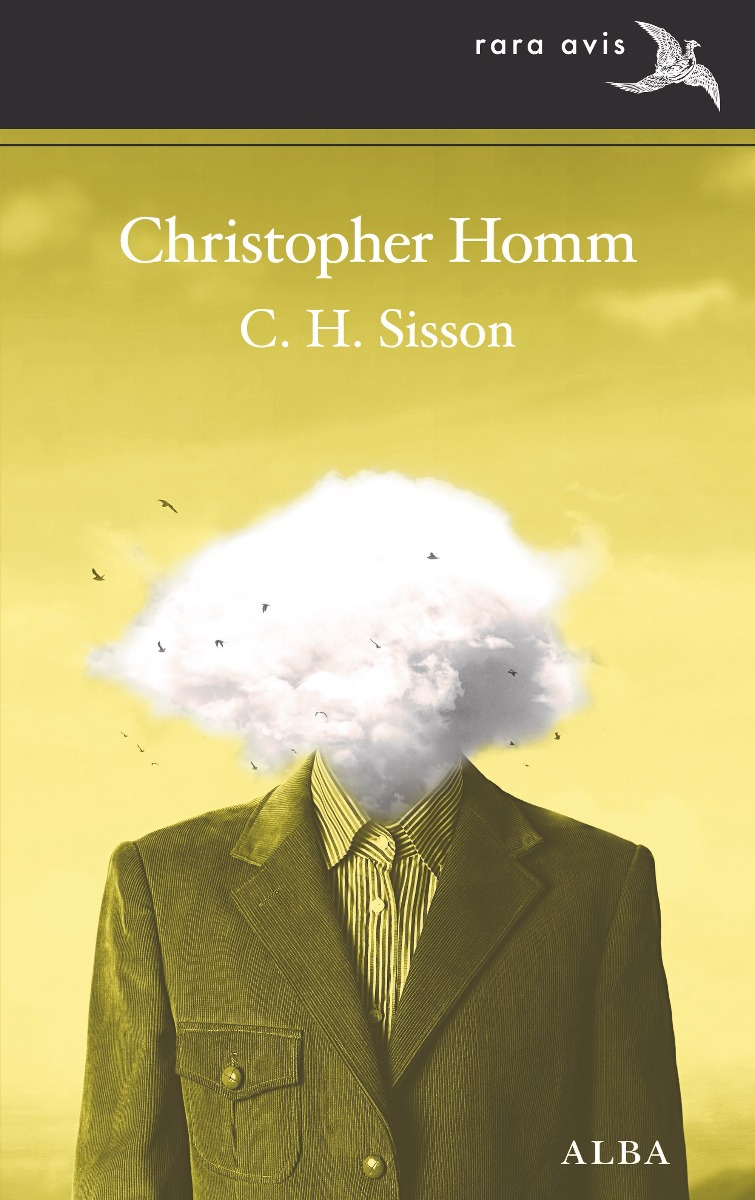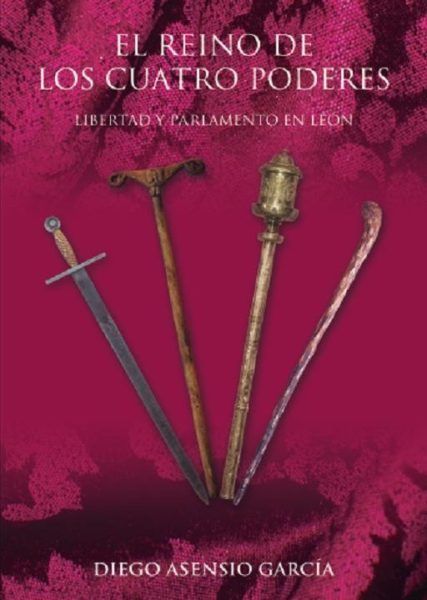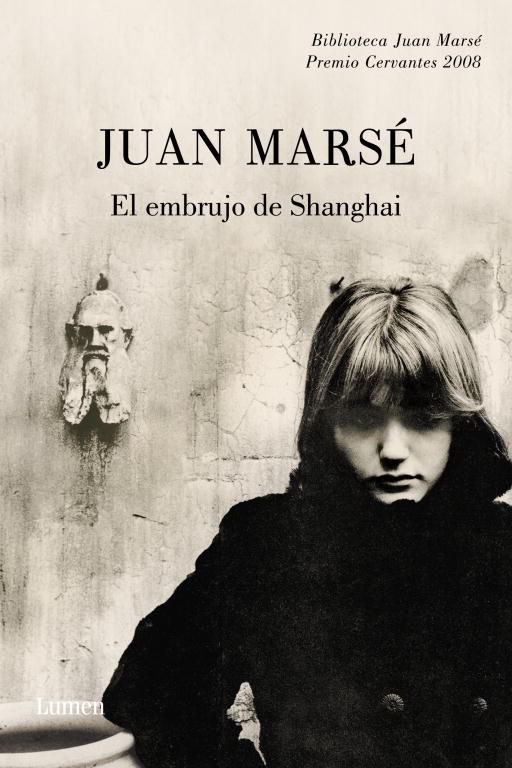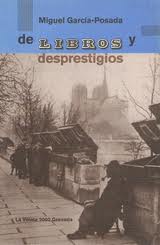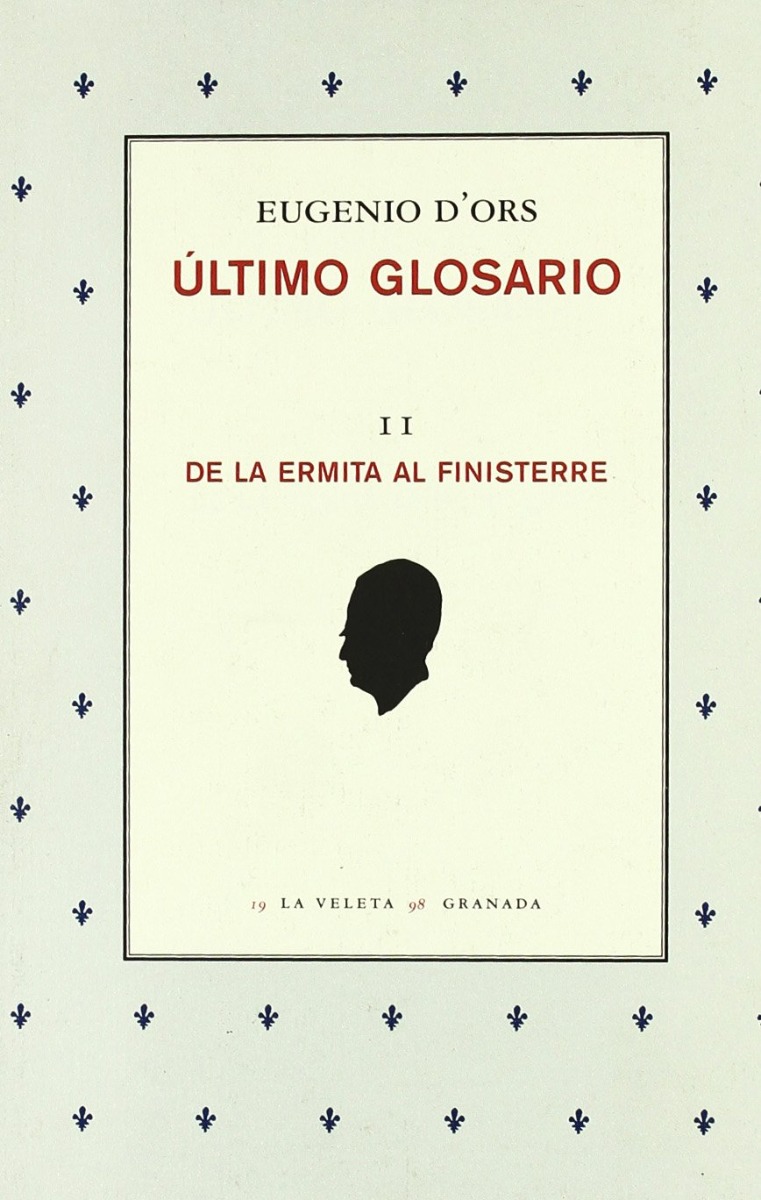Christopher Homm
Un cuarto de siglo antes que la célebre La flecha del tiempo de Martin Amis, C. H.
Sisson, poeta, autor de solo dos novelas, contó la vida de un hombre común de clase trabajador
a en orden cronológico inverso, es decir, desde su muerte hasta su nacimiento. La muerte del protagonista
en la oscuridad y entre la indiferencia general es el presente: no el punto final, sino el punto de partida. En
Christopher Homm (1965), los efectos se exponen antes que las causas y los presagios se confirman antes de
ser anunciados. Grave, dura, sardónica, esta novela alumbra irónicamente un camino de tozudez,
miedo, violencia soterrada, apatía y aspiración ?pese a todo? a la respetabilidad.
Su rareza sigue siendo hoy incomparable y estremecedora.
AUTOR:
C. H. Sisson
Born in Bristol in 1914, C. H. Sisson was noted as a poet, novelist, essayist and an important translator. He was a great friend of the critic and writer Donald Davie, with whom he corresponded regularly.
Sisson’s parents were Richard Percy Sisson and Ellen Minnie Sisson (née Worlock). He was educated at the University of Bristol where he read English and Philosophy. He continued his studies in France and Germany.As a poet he first came to light through the London Arts Review, X founded by the painter Patrick Swift and the poet David Wright. He reacted against the prevailing intellectual climate of the 1930s, particularly the Auden Group, preferring to go back to the anti-romantic T. E. Hulme, and to the Anglican tradition. The modernism of his poetry follows a ‘distinct genealogy’ from Hulme to Eliot, Pound, Ford Madox Ford and Wyndham Lewis. His novel Christopher Homm experiments with form and is told backwards.

